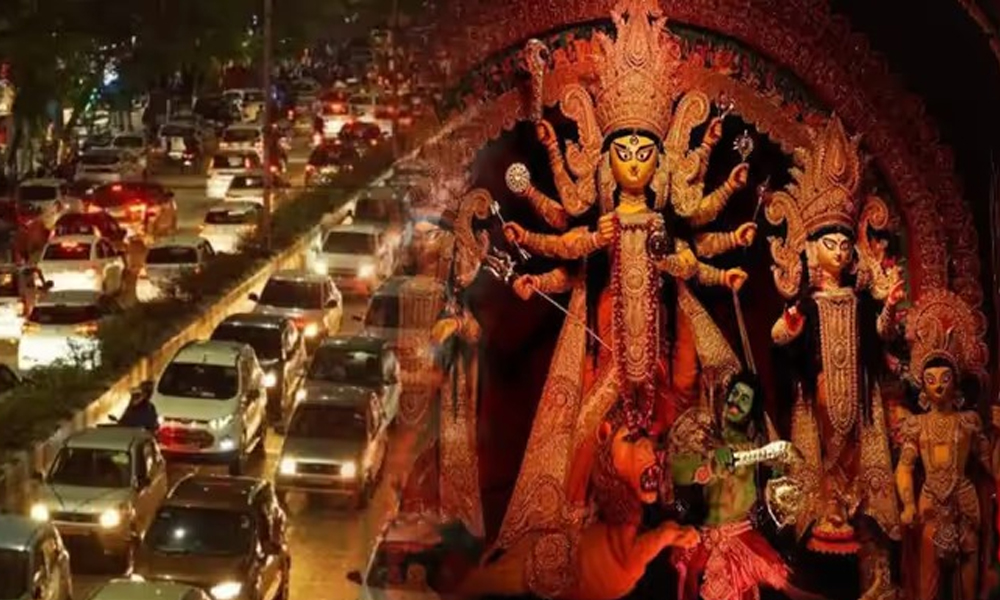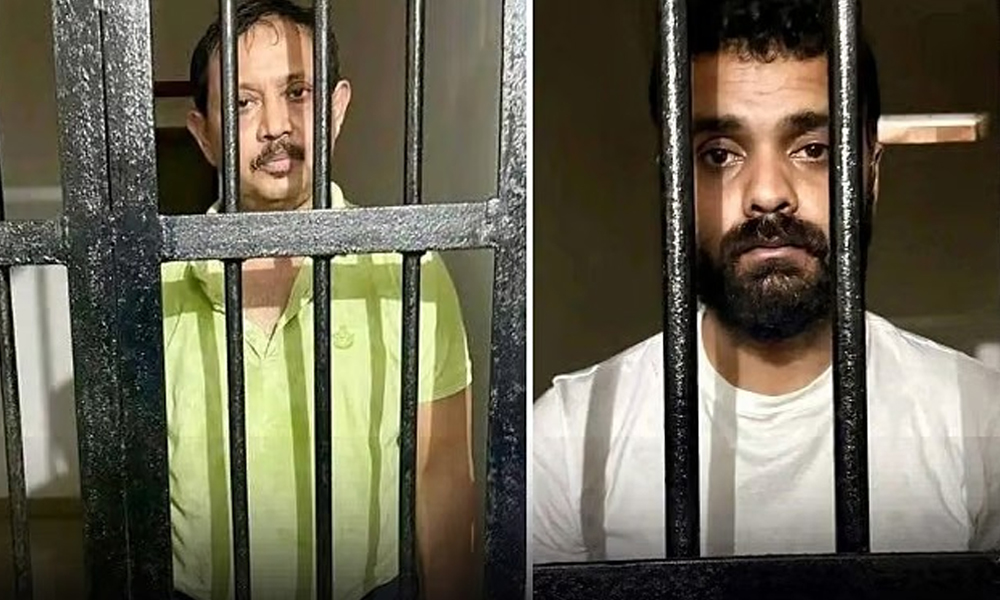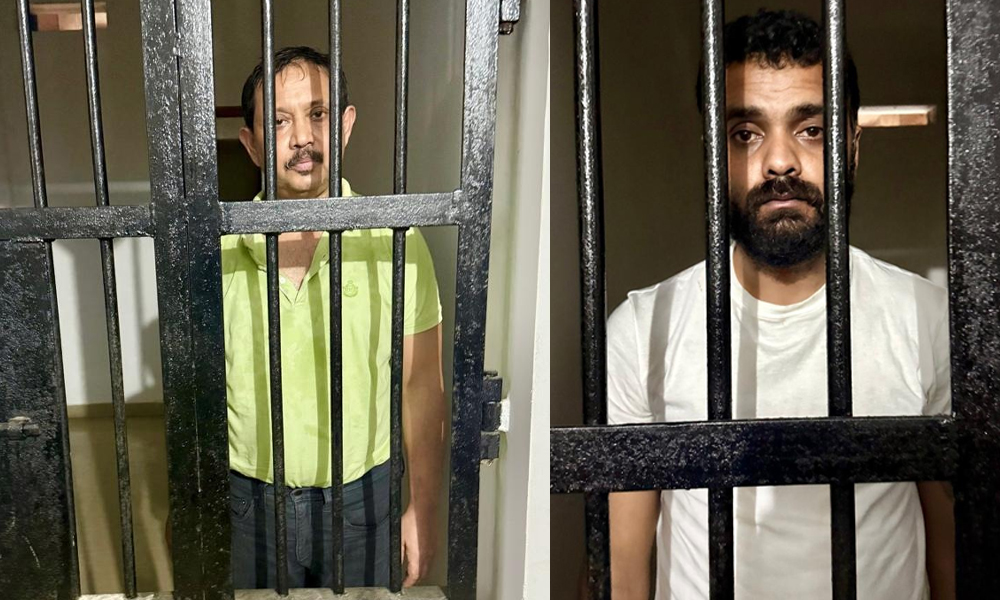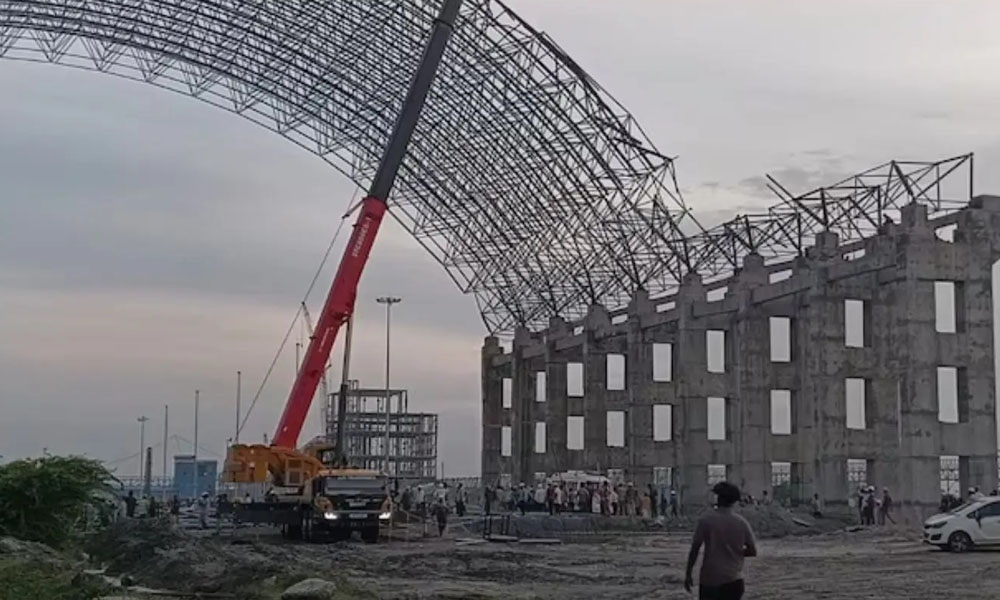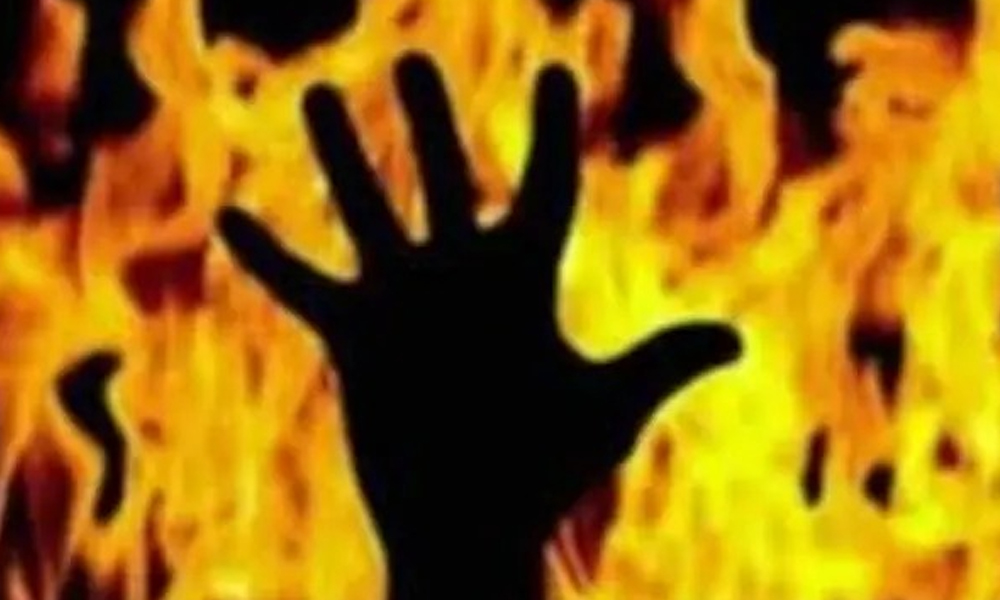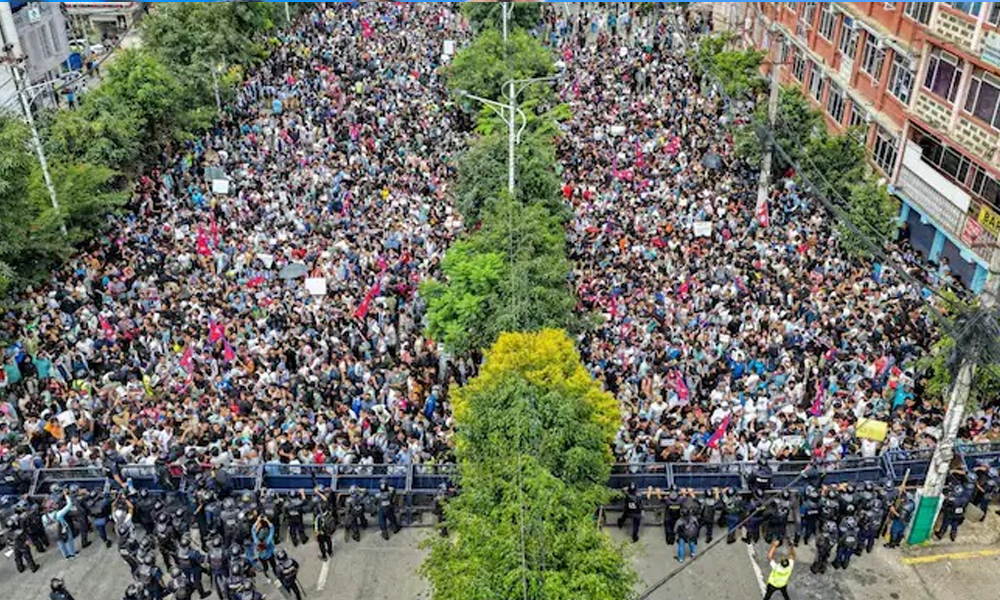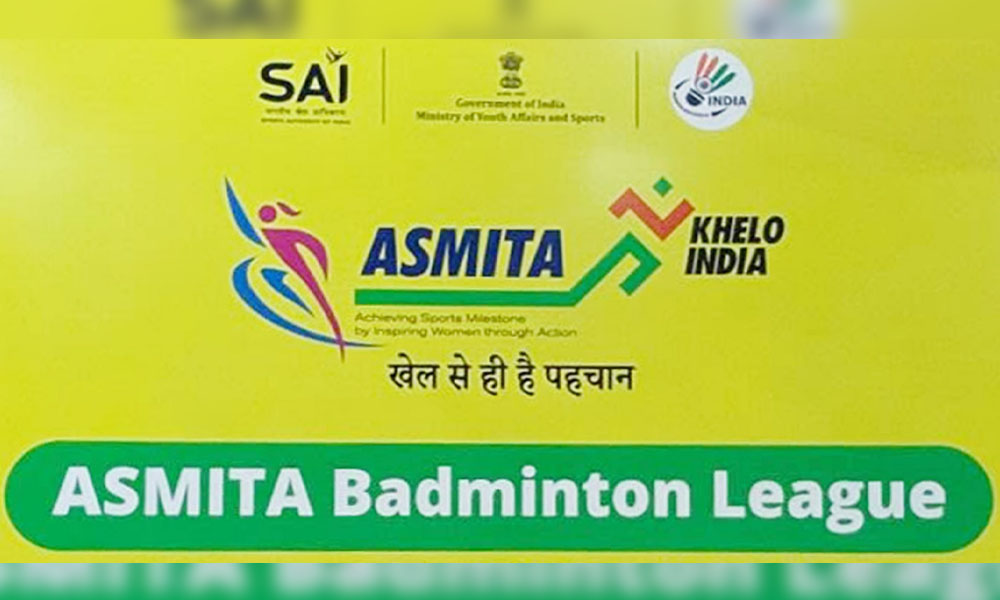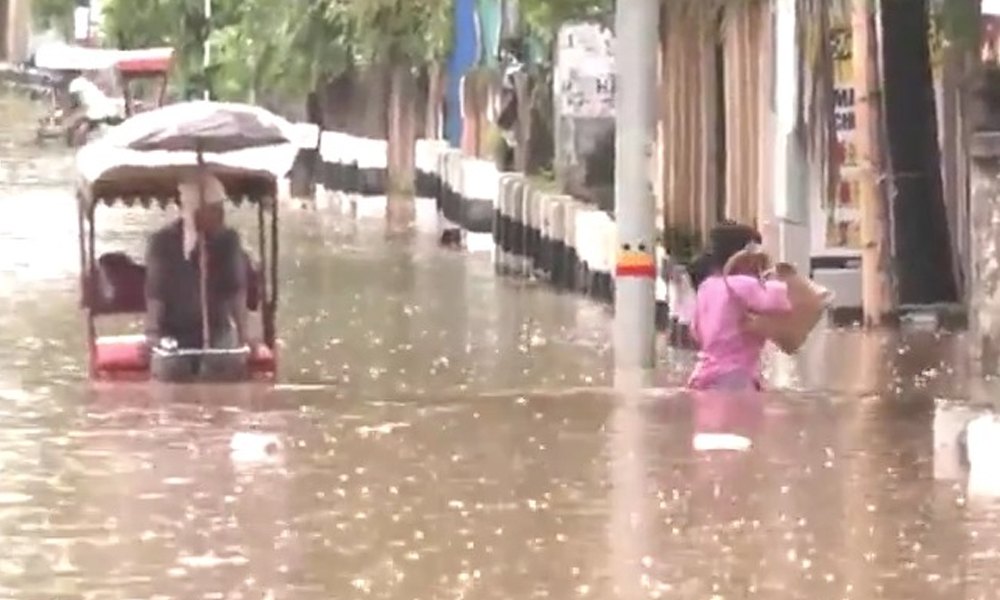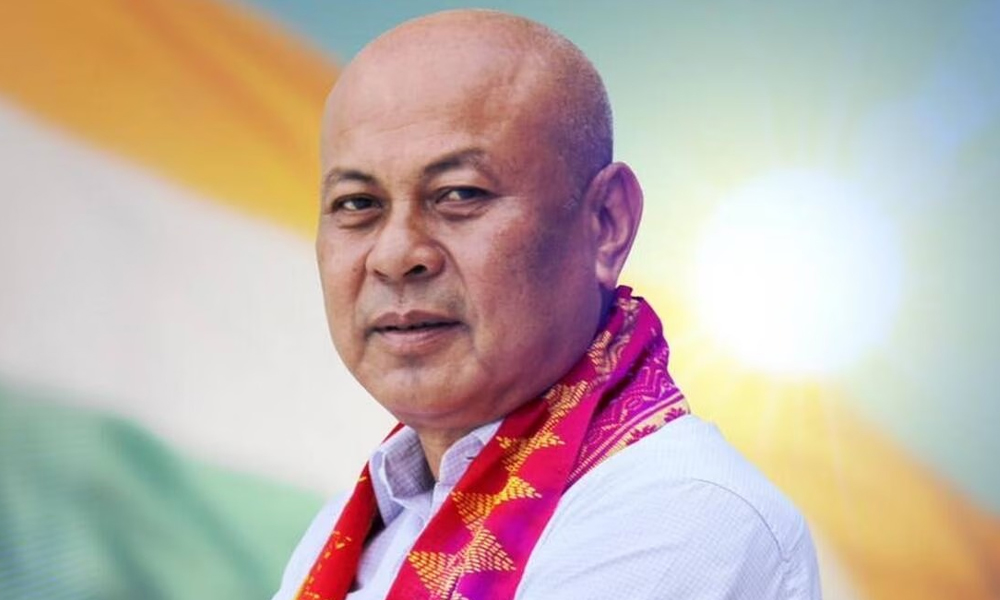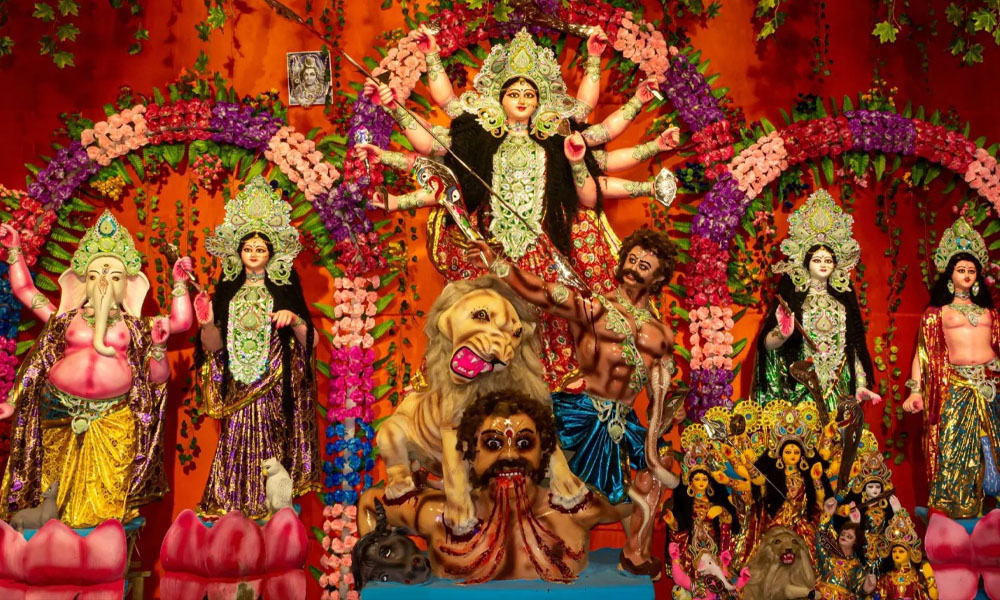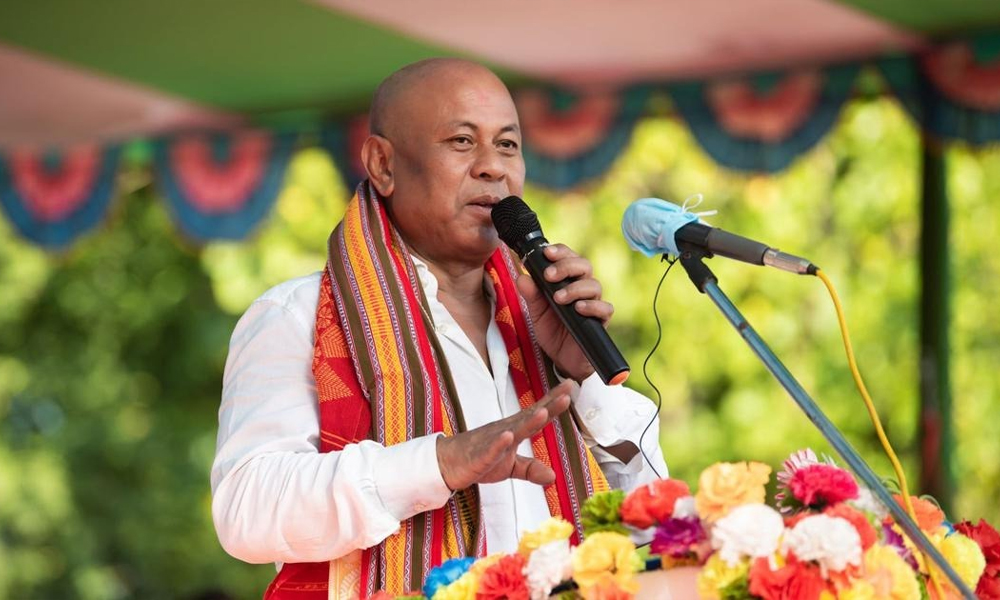Digital Desk: It was a great
challenge for Ranil Wickremesinghe to lead Sri Lanka out of its worst economic
crisis in seven decades when he assumed office as prime minister two months ago.
The 73-year-old leader acknowledged the significant challenge the island nation
was experiencing to get through these trying times while carrying expectations
on his shoulders.
This was the sixth time in his
decades-long career that he had taken office as prime minister of Sri Lanka. As
his predecessor Mahinda Rajapaksa submitted his resignation on May 12, shortly
after Wickremesinghe took the oath of office, he indicated that he was putting
a strategy in place.
He actively communicated throughout
the course of the following eight weeks all his government was doing to ensure
that his nation could get out of the crisis. A much needs to be done and
undone. Rest assured that since we are prioritising issues, we will deal with
them as soon as we can. In the past 48 hours, we have been able to move things
along," he wrote in a tweet on May 16.
He consistently expressed optimism
that he would assist the country in surviving with debt restructuring,
constitutional changes, conversations with other nations, including Australia,
India, Japan, the US, and others, and follow-ups with the International
Monetary Fund.
About two weeks before to the
historic protests on Saturday, he also addressed his detractors. Since I was
sworn in as PM, I have given you updates every two weeks on the actual
situation and the steps we have been taking. While some have laughed this off,
others have embraced it. Regardless of the organisation you are a part of, we
must work together to rebuild our nation, he stated on Twitter.
"Only if they feel a strong
urge and determination on our behalf will the world help us. By engaging in
various acts of sabotage, we can either demonstrate to them our desire as a
people to restore our nation or our indifference and disinterest, according to
another article.
But the nation experienced a new
wave of protests on Saturday that was considerably larger and more powerful.
President Gotabaya Rajpaka of Sri Lanka was reported to have left after his
palace was broken into.
A few hours later, Wickremesinghe
declared he will resign after the election of a new administration. "I
accept the finest advice of the Party Leaders today, to pave the path for an
All-Party Government, to assure the continuation of the Government, including
the protection of all citizens. I will step down as prime minister to make this
possible," he tweeted. His private residence was burned down by irate
protesters despite him stepping aside.
On Saturday, Gotabaya also announced
his departure, which will be official on July 13.
It's not yet apparent whether the nation, which owes billions in debt, will be able to elect a stable administration that can help it overcome its problems.


